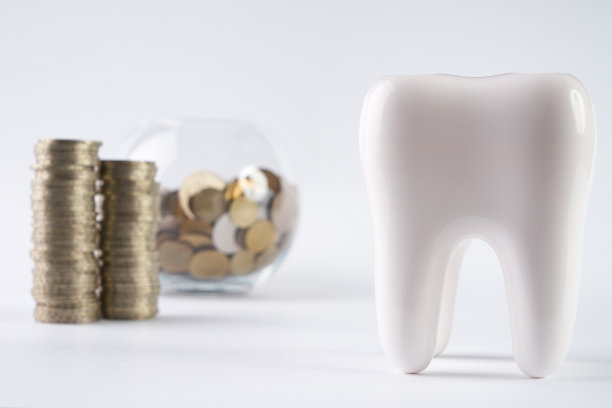Understanding Periodontal Disease Prevention and Treatment Strategies for Better Oral Health and Overall Wellbeing
Summary: Periodontal disease is a prevalent yet preventable condition that affects oral health and overall well-being. This article delves into various strategies for the prevention and treatment of periodontal disease, highlighting the significance of understanding its causes, the role of effective oral hygiene, advancements in treatment options, and the importance of regular dental check-ups. By equipping readers with knowledge about periodontal health, the article aims to empower individuals to take proactive steps toward better oral health and enhance their quality of life.
1. Understanding Periodontal Disease Causes

Periodontal disease, also known as gum disease, is primarily caused by the accumulation of plaque and tartar on teeth. This sticky film of bacteria can irritate the gums, leading to inflammation. If not treated, this condition can progress to more severe forms, causing irreversible damage to the surrounding bone and tissue. Understanding the bacteria responsible for periodontal disease helps in developing effective preventive strategies.
Several risk factors contribute to the development of periodontal disease. Tobacco use, for instance, significantly compromises gum health and makes individuals more susceptible to infections. Likewise, poor nutrition, especially a deficiency in vitamins and minerals, can hinder the body’s ability to fight off oral diseases.
Moreover, systemic health conditions like diabetes and cardiovascular diseases have been linked to periodontal disease. This connection underlines the importance of comprehensively managing ones health, as improved overall well-being can lead to better oral health outcomes.
2. Effective Oral Hygiene Practices
Practicing good oral hygiene is the first line of defense against periodontal disease. Brushing twice daily with fluoride toothpaste remains a crucial habit that helps remove plaque from tooth surfaces and gum lines. Additionally, flossing daily is essential in cleaning areas that toothbrushes cannot reach, thus preventing gum irritation and plaque buildup.
Moreover, the use of antibacterial mouthwashes can significantly reduce oral bacteria and prevent plaque formation. Individuals should consider incorporating mouth rinses into their daily routine to bolster their oral hygiene efforts. However, its vital to remember that these rinses are not a replacement for brushing or flossing.
Regularly updating ones oral hygiene tools is also key. Using a soft-bristled toothbrush and replacing it every three months can enhance oral care efficiency. Individuals should also consider using electric toothbrushes, which have been found to provide a more effective cleaning compared to manual brushing.
3. Advancements in Treatment Options
Innovations in dental technology have revolutionized the treatment options available for periodontal disease. Scaling and root planing, a deep cleaning procedure, remains the standard initial treatment for early periodontal disease. This technique smooths the roots of the teeth and removes plaque and tartar, allowing the gums to heal.
For more advanced stages of the disease, surgical treatments like flap surgery or bone grafts may be necessary. These procedures aim to restore periodontal tissues and bone structure, promoting better oral health. Advances in laser technology have also introduced non-invasive options, making treatment less painful and considerably more effective.
Additionally, researchers are exploring the use of regenerative medicine to better treat periodontal disease. This approach includes the use of growth factors and stem cells to regenerate lost tissue. Such developments indicate that future treatments could revolutionize the management of periodontal disease and enhance patient outcomes.
4. Importance of Regular Dental Check-Ups
Regular dental check-ups play a pivotal role in the prevention and early detection of periodontal disease. Dental professionals can identify early signs of gum disease that may go unnoticed by individuals, ensuring timely intervention before conditions worsen.
During these appointments, professionals conduct thorough cleanings and provide personalized advice on effective oral hygiene practices. They can also discuss any specific risk factors and offer tailored recommendations to mitigate these risks.
Moreover, periodic check-ups foster a proactive approach towards oral health. Patients can stay informed about new advancements in oral care and explore preventive therapies that can enhance their oral health routine, ultimately leading to better overall well-being.
Summary: Understanding periodontal disease is crucial for preventing and managing this common condition. By recognizing its causes, implementing effective oral hygiene practices, exploring advanced treatment options, and committing to regular dental visits, individuals can take significant steps towards better oral health. This multifaceted approach not only aids in preventing gum disease but also enhances overall health and well-being.
This article is compiled by Vickong Dental and the content is for reference only.



